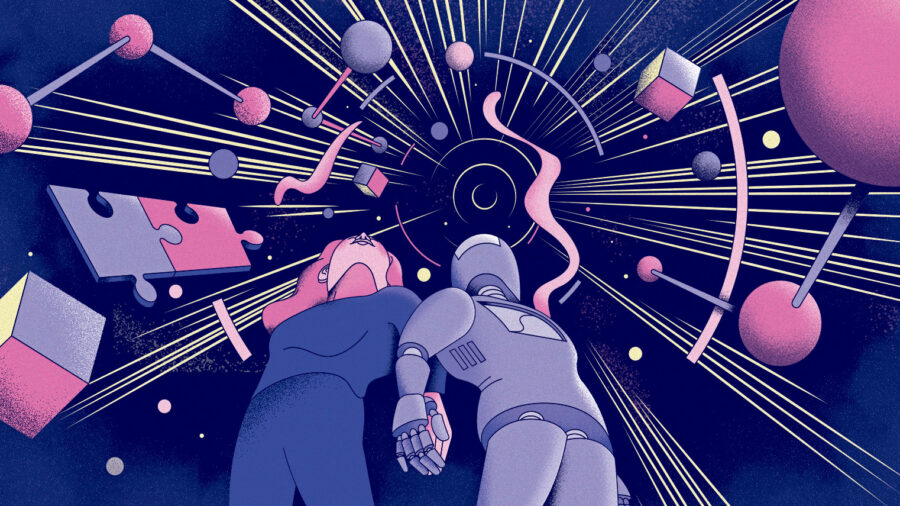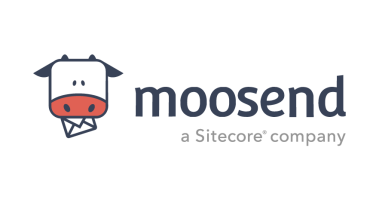
In the early 19th century, Napoleon Bonaparte developed from a modest Corsican officer into one of history’s most visionary leaders. His genius went beyond battlefield tactics to imagining futures no one else could see and then rallying entire nations to march towards them. In a way, fighting wasn’t his thing. Instead, Napoleon excelled at setting directions and turning ordinary men into believers, willing to endure extraordinary hardship for a greater cause.
That ability – to dream beyond the visible horizon, to galvanise others through conviction – is what separates a leader from a manager. And it’s exactly what separates a great brand from a functional one.
When efficiency becomes a trap
AI has entered the corporate bloodstream and created an understandable hunger for optimisation – faster insights, cleaner dashboards, predictive analytics at the touch of a button. Walk into any boardroom today and you’ll hear the same discussions.
But here’s the danger: when efficiency becomes the north star, ambition quietly shrinks and vision is reduced to a set of probabilities. Brands that follow only the logic of algorithms will never achieve truly transformational goals.
Roger Martin, former dean of the Rotman School of Management and strategist extraordinaire, once argued that too many executives adopt a deterministic mindset, one that prioritises the most efficient, risk-averse decisions. It’s a mindset that mirrors AI itself: cold, predictable and relentlessly optimised.
This comes at the expense of a probabilistic mindset, which emphasises the human capacity to consider divergent futures, embrace uncertainty and choose paths other than the one of least resistance. Efficiency reduces; imagination expands. Determinism produces safe choices; originality produces bold visions. And CMOs must understand that no algorithm will ever dream big on their behalf. While AI can tell you what is, only humans can dream of what could be. This is where business leaders must reclaim the human edge.
The human edge in the age of AI
It begins with intuition, our innate ability to sense which problems matter most, the empathy to read unspoken needs and the foresight to chart a worthy course.
Reclaiming the human edge requires creative divergence – the willingness to generate abundantly, to explore improbable paths and to embrace doubt as fuel for new ideas. With AI converging toward sameness, leaders must diverge to paths less trodden.
It requires timely judgement. This means not acting at the speed of the algorithm, but at the rhythm of human preference. In other words, it’s about knowing the right moment to leap – and then doing it.
Such human qualities flourish through influence and multiplication and the distinctly human ability to galvanise others. Just as Napoleon could turn common soldiers into believers, great CMOs can inspire entire organisations, transforming individual sparks into a collective blaze of creativity.
And finally, the human edge rests on system reinvention. This is the courage to not just improve existing processes but to ask bigger questions. Why are we doing it this way? What if we started fresh? AI can optimise and predict, but only humans can re-map the playing field.
The call to leaders
With AI quickly becoming a commodity, brands that dare to be human – to lead with imagination and inspire others to believe in a future no one else can see – will have the edge. The next time you are setting a brand vision, leave the predictable, controllable cocoon of AI behind and summon your inner Napoleon by asking:
Does it paint a picture of the world we want to create?
In the early 90’s, Microsoft envisioned a “computer on every desk and in every home”. Make it future-oriented.
Is it aspirational yet achievable with effort?
Amazon set out to be “Earth’s most customer-centric company”. Make it ambitious.
Is it tied to why we exist, not just what we sell?
Nike aims to bring “inspiration and innovation to every athlete in the world”. Make it purposeful.
If the answer to these questions is “yes”, you’re thinking expansively and acting with courage. You’re adopting a probabilistic mindset – and that’s a great place to start.
Because, in the age of AI, the most valuable asset in business is not efficiency, but the originality of us humans.
Patrick Kampff is senior strategy director at Siegel+Gale, a consulting and design agency.

In the early 19th century, Napoleon Bonaparte developed from a modest Corsican officer into one of history’s most visionary leaders. His genius went beyond battlefield tactics to imagining futures no one else could see and then rallying entire nations to march towards them. In a way, fighting wasn’t his thing. Instead, Napoleon excelled at setting directions and turning ordinary men into believers, willing to endure extraordinary hardship for a greater cause.
That ability – to dream beyond the visible horizon, to galvanise others through conviction – is what separates a leader from a manager. And it’s exactly what separates a great brand from a functional one.





